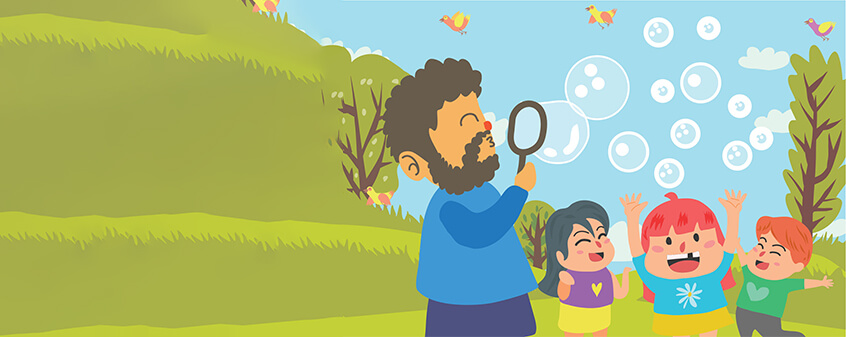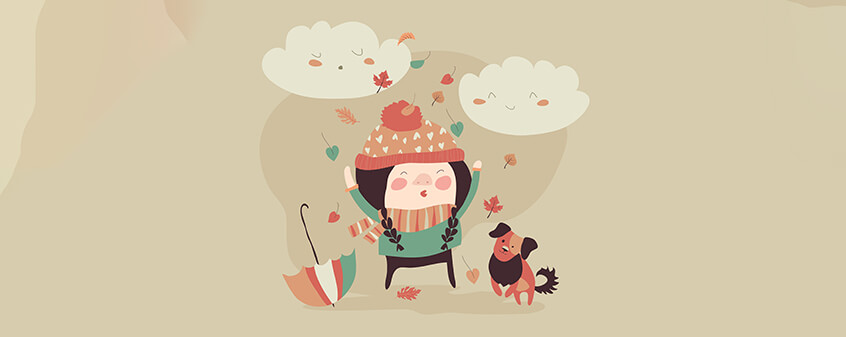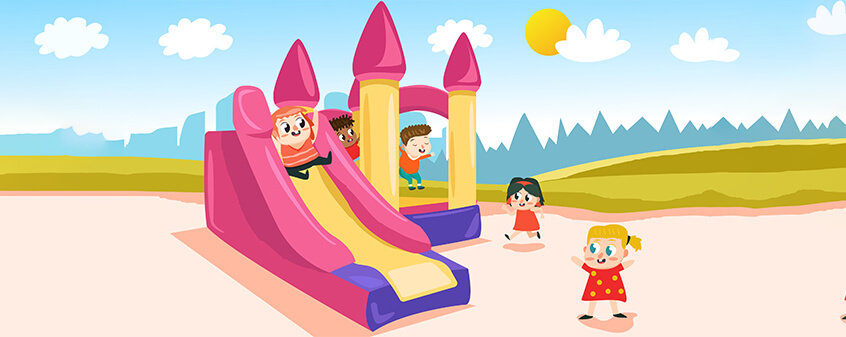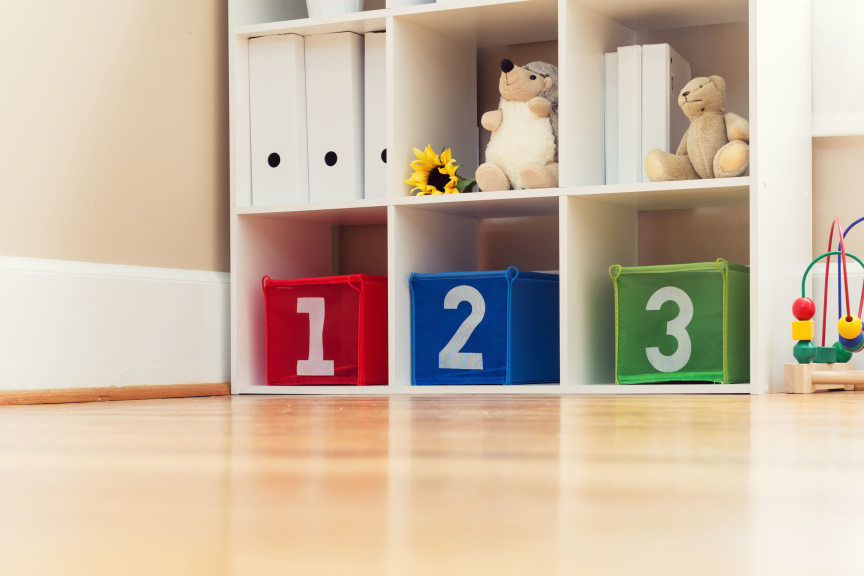Let Us Raise Our Children To Be Happy
The happiness quotient
When I ask parents what they want for their children, I hear many things that range from a 'good' career to abstract notions of success but I rarely ever hear the word 'happiness'. Happiness is important because only when you are truly happy and satisfied yourself can you start focusing on other factors outside yourself. The definition of happiness then may be defined by external or internal factors. If your children observe kindness and feel happiness first hand, they will reach out to help and build a capacity for gratitude for their privileged existence and only then will the empathy begin to develop.
Most of us measure success by the programming we have received as children. Therefore, it is critical that all parents rethink the programming they may pass on to their children. A child is, after all, a child. And she or he looks up to you for guidance. We, as parents, need to look at what the child has got 'in her' (and use that to develop potential in our children), rather than focus on what has been 'left out'. A child does not have to be born a leader; she can be nurtured into being one. We should not only worry about developing our children into visionaries and activists of the future but also look to adding to their happiness quotient.
On a flight to Mumbai, I started a conversation with Kumar, a young parent of a 10-year-old daughter, and soon we got talking on the subject of parenting. Kumar works for a multinational educational company. While he was growing up, his parents ensured that he was well informed and honed his skills of logical and critical thinking. They reared a knowledge worker. Kumar knows what to do with information once he has it. He is working on integrating the iPad into learning systems in schools. He is, in conventional terms, professionally successful. I wondered if this would be enough for the child of tomorrow who may need to be not just a critical thinker but a creative one too. Tomorrow, a child will not only need to know how to use an iPad, but may be required to use it to create something new. Are we as parents and teachers really doing anything to ensure that?
The future is about life mastery
The answer lies in tapping the innate strength of the individual. Every individual has the potential for greatness. Everyone can achieve greatness and success if they are ready to achieve it. William Shakespeare said, "Be not afraid of greatness. Some are born great, some achieve greatness, and some have greatness thrust upon 'em."
Today, there is a huge surge of life-mastery classes and books on the subject. From Anthony Robbins to Dr John Demartini, from Deepak Chopra to Shiv Khera, self-development gurus are offering answers to all our problems. Dr John Demartini is one of the world's leading authorities on human behaviour and personal development. He believes that every human being has a set of values. These values arise from a combination of the conscious and subconscious mind. Each person also sets a hierarchy of values for herself. Whatever is your highest value, you will be inspired by it. You identify with your highest value. Any time you link what you want to learn with your highest value, you learn it faster. Our schooling and education has been through a fixed, pre-established system, which does not necessarily link our learning to our areas of high value. Thus, we go through the process of learning without any motivation.
Conditioning*
'Like many great scientific findings, conditioning was discovered accidentally. During the 1890s, Russian physiologist Ivan Pavlov would present a dog with food and ring a bell, causing the dog to salivate. Over time the dog associated the ringing of a bell with food and would salivate on cue. This concept is known as conditioning.'
'Dogs aren't the only ones who react to the world using a series of conditioned responses. You are also conditioned to react emotionally when certain events occur. For example, a boy plays with his mother in the room. A tiny mouse scampers across the floor. The mother screams. The boy is startled and an emotionally conditioned response is set for him whenever he encounters a mouse again, unless it is Mickey Mouse of course!'
'Though mostly by accident and for the most part unconscious, the way we humans react to the world around us is dictated in a large part by a series of conditioned responses we have been learning since early childhood. Conditioned responses are instilled either gently, with repetition over time or as a result of one traumatic experience. And the traumatic experience doesn't necessarily have to be real. Sometimes, a really scary movie can instill a fear of the dark in someone, just as being attacked one time as you walk down a dark street can.'
Most adults will have some habitual behaviour pattern that keeps them stuck in one area of their life. This set pattern of behaviour usually comes from a childhood experience that has caused some trauma known or unknown to the parents of the child. At the age of one when I first tried to walk, it was discovered that I was born with dislocated hips. My parents were forced to leave me in India with my maternal grandmother as I could not have received the orthopedic treatment I required in Tanga. There was born my fear of abandonment that would affect my relationships even in my adult life, causing emotionally dependent patterns and clingy behaviour. Most of our fears and negative patterns come from our childhood experiences. Fear of abandonment is almost always a direct result of feeling or being abandoned at some point in childhood and the resulting trauma.
Many therapists work on rewiring such behaviour by accessing the 'inner child' in the adult. The use of this metaphor — inner child — is for the neural networks that store the essence and memory of the child who has suffered emotional trauma; in this case, a fear of abandonment.
The clearing and rewiring process of the subconscious is based on neuroscience. It is more difficult to clear and rewire the brain than it is to programme it correctly in the first place. Isn't it simpler then for us to parent and educate our children for life-mastery.
*The first three paragraphs under the subhead titled 'Conditioning' have been excerpted from my book, 'Who Do You Think You Are Kidding'.








